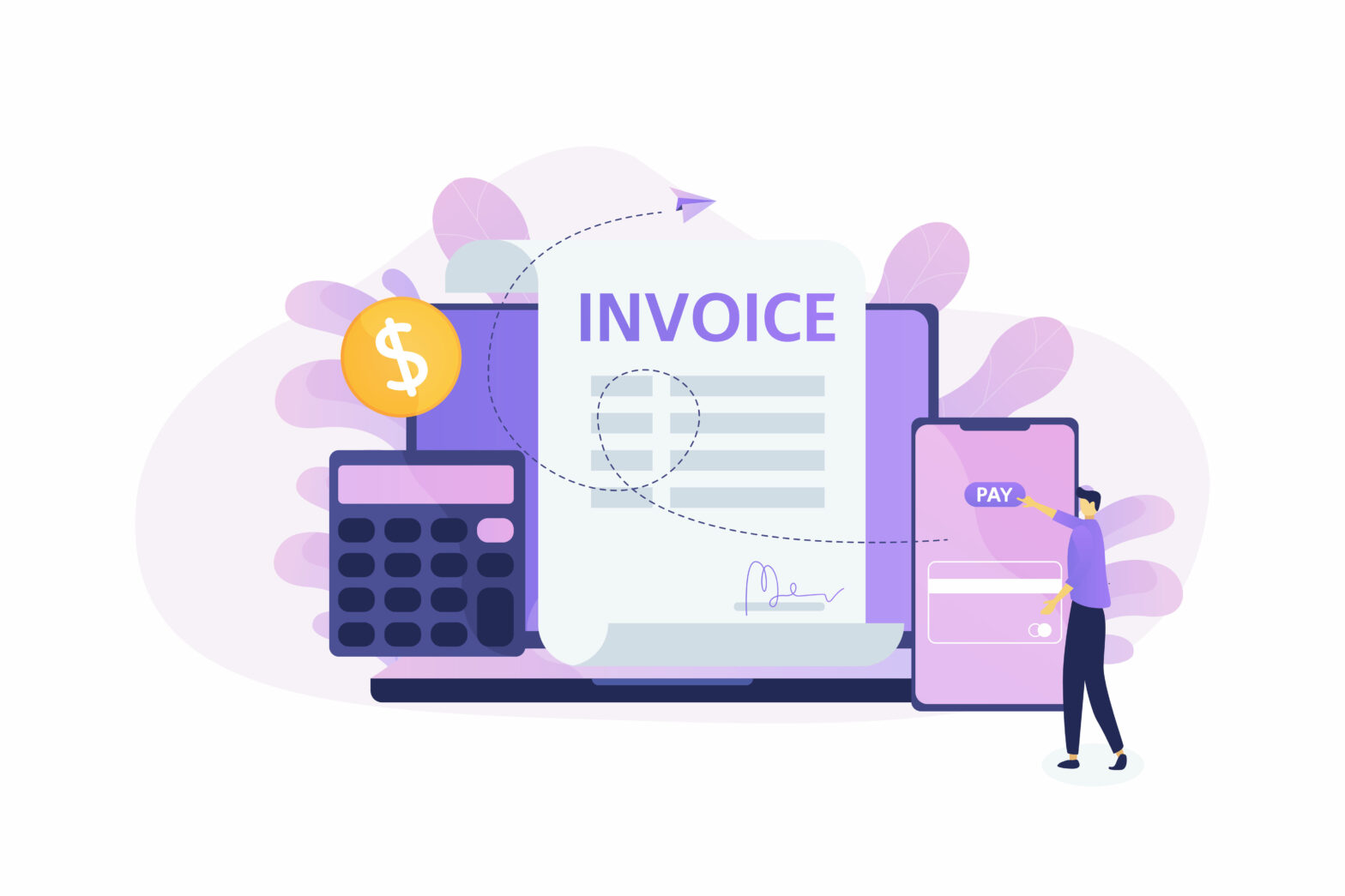Here, Adam Tavener argues that still more needs to be done to educate small companies on the alternative funding avenues available.
We’re nearly halfway through 2014 and it is already proving to be a year of massive change for the alternative business funding market.
The latest BDRC SME Finance Monitor, which came out last week, suggests that although smaller businesses are gaining in confidence when it comes to getting bank funding, they are increasingly tentative in their search for external finance, with fewer small businesses planning to apply or renew a bank funding facility now than in the previous two years. This is particularly acute at the micro end of the market – those with less than nine employees.
Micro-businesses play a pivotal role in the success of the SME economy; something that was highlighted by Lord Young’s report on growing micro-businesses last year. The report identified that while the UK’s 4.6 million micro-businesses account for 7.8 million jobs and 20 per cent of private sector turnover, they often don’t know where to turn to find finance when they need it.
This is backed up by OnePoll research, commissioned by Liberis, which joins the alternativebusinessfunding.co.uk portal today with their Business Cash Advance form of funding. It shows that micro-businesses are less likely to seek alternative funding sources than their larger SME counterparts, mainly because they don’t know where to look.
The research also shows that almost a third of micro-businesses (32 per cent) have been turned down for bank funding. As a result, almost two thirds (60 per cent) had cash flow problems or missed a business opportunity.
Almost two thirds of micro-businesses (60 per cent) also said being aware of an online portal explaining different alternative funding options would be useful.
So where does this leave the banks and the blossoming alternative funding market? It seems that education and information could still be the key, and if this is backed up by the government and the banks themselves, so much the better.
The BBA says it is fully supportive of measures to allow businesses declined finance to be referred to alternative providers.
Publishing its response to HM Treasury’s consultation on SME finance last week, BBA executive director, Irene Graham says, ‘Contrary to recent press reports, the banking industry fully supports proposed measures to help match businesses rejected for finance with other lenders. In fact many of the banks already run programmes to refer businesses unsuited to bank finance to a range of alternative providers.
‘We have suggested that the government designates one portal to provide finance providers with a gateway through which they can refer businesses that have been declined finance. This could be overseen by the British Business Bank.’
It’s a good time for Liberis, who have already funded more than £75 million to SMEs, to be joining the expanding alternativebusinessfunding.co.uk portal, which already includes alternative financers who make up 85 per cent of the UK’s alternative business lending.
An announcement has been made in the Queen’s Speech about improving access to finance for SMEs – though the specifics are yet to be made clear.
The increasing appetite for alternative finance and need for the banks to help businesses access these, is a problem that will need to be dealt with soon – hopefully before we reach the end of this transformational year.
Further reading on finance
- Financing the purchase of a small business – Here, we provide some options for people thinking about buying an existing company.
Looking for finance? SmallBusiness.co.uk is working in partnership with trusted lenders to find you the best business funding deals. Find out more here.





